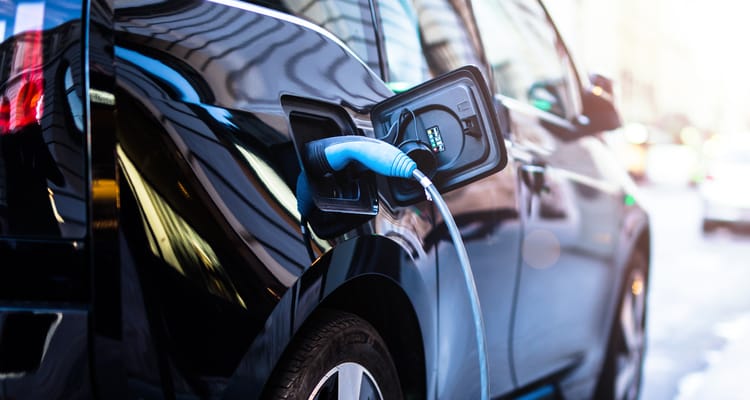As time changes throughout the years, so do the cars. Energy efficiency has become one of the most important factors when buying a new car and how well does it does on gas. In some cases, having a slightly higher monthly payment still makes better economic sense when you factor in the cost of gas. Compared to what you may be trading in, many cars today offer impressive fuel economy and modern conveniences that incentivize the vehicle’s overall value.
How Energy Efficient Cars are Great for the Planet
Fuel efficiency can be looked at in several ways as it relates to energy efficient cars, but the Environmental Protection Agency (EPA), has a fuel economy rating for every car on the market that has been rigorously tested. This leads to their final city/highway/combined miles per gallon numbers. To score well on their chart, you must have a fuel efficient car that has several differentiating qualities. These are some of the basic defining traits that distinguish energy-efficient cars.
1. Low Emissions
This is not a direct part of fuel efficiency, but they are often linked. Fuel efficient vehicles are typically low on emissions as well. ULEV, or ultra-low emissions vehicles are becoming very popular in the car market.
2. Body Design
The body design is important when it comes to car fuel efficiency. You will notice hybrid models are smaller and shaped more aerodynamically. By having an aerodynamic design, a car will push the air out of the way at optimal levels, letting the car move easily with the least amount of resistance or gas needed. Smaller cars naturally have less drag than what a large, box truck might create. Aerodynamic body design helps fuel efficiency greatly.
3. Size and Weight
Generally, the bigger vehicles are, the heavier they are also, and it holds true for most trucks and SUV’s, too. What this means for energy efficient cars is that the bigger and heavier the car, the more energy, and power it needs to run. As a result, bigger vehicles tend to be less fuel efficient.
4. Speed
Especially if you’re driving your vehicle correctly, your driving speed is important when it comes to making a car fuel efficient. Energy efficient cars may get 40 miles per gallon, but by constantly adjusting your speed, you will burn more gas. Generally, the average optimal speed to aim for is around 55-60 miles per hour.
5. Engine Type
The engine is also a factor in your vehicle’s fuel efficiency. Believe it or not, diesel is more efficient than gasoline engines. On top of that, the amount of power that the engine creates dictates the fuel economy. Besides the engine type, aerodynamics and weight will play a part in the overall energy efficiency, hence they will have varied fuel economy levels from model to model.

